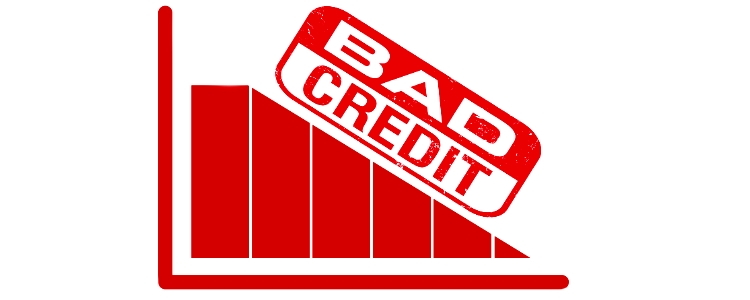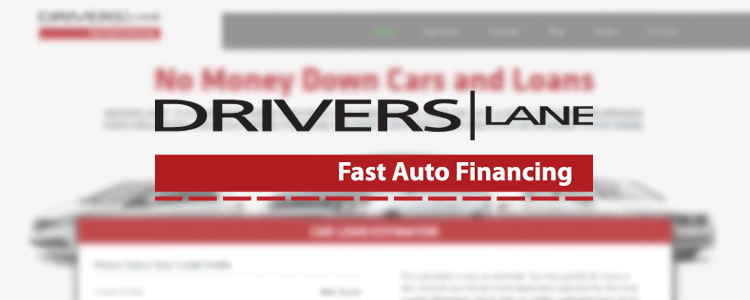When it comes to your credit score and your credit reports, you should know what impacts them. You should also know what doesn’t. We explain the difference between a hard inquiry and a soft inquiry, and what they mean for you when you're car shopping.
What Is a Credit Inquiry?
 An inquiry is a request for information. In the case of your credit reports, a hard or soft inquiry is a request to review them. Lenders of all types often use a borrower’s credit reports and credit score to determine eligibility for lines of credit. In many cases, your credit score can mean the difference between an approval and a denial for a car loan, credit card, or other types of credit.
An inquiry is a request for information. In the case of your credit reports, a hard or soft inquiry is a request to review them. Lenders of all types often use a borrower’s credit reports and credit score to determine eligibility for lines of credit. In many cases, your credit score can mean the difference between an approval and a denial for a car loan, credit card, or other types of credit.
When you apply for a loan with a lender, you typically need to give them permission to review your credit reports, and this is called a hard inquiry (or hard pull).
However, when you view your own credit reports, it’s called a soft inquiry (or soft pull). Both types of inquiries show up on your credit reports differently.
What Is a Hard Inquiry?
When a lender pulls your credit reports because you’re applying for a new loan or a new line of credit, this is called a hard inquiry. Hard inquiries can have a small, temporary negative impact on your credit score. Applying for new credit, regardless if you’re approved or denied, is reflected on your credit reports. A hard inquiry can only happen if you give someone permission.
New credit is one of the five factors that impacts your credit score in the FICO scoring model – the score most commonly used by auto lenders. The other four are payment history, amounts owed, length of credit history, and credit mix. All five factors are key parts of your credit score, and the information comes from your credit reports.
Typically, a hard inquiry stays on your credit reports for up to two years and slightly lowers your credit score. However, the effect lessens over time. This doesn’t mean you shouldn’t talk to multiple lenders because you’re worried about hard inquiries on your credit reports.
The credit reporting agencies understand that when a hard inquiry happens, you’re considering taking on new credit. So, when you talk to multiple lenders of the same type within two weeks, only one hard inquiry impacts your credit score, even though all of them may show up on your credit reports. This is known as rate shopping, and it means your credit score won’t be punished by looking for the best deal.
What Is a Soft Inquiry?
When you look at your own credit reports, it’s called a soft inquiry. Whenever you want to review your credit reports, it doesn’t negatively impact your score. The inquiries still appear on your credit reports, but, generally, you’re the only one allowed to view them. You’re not the only one that can do soft inquiries, though.
Some companies perform soft inquiries on your credit reports without you even knowing. For example, have you ever received a letter in the mail claiming you’re pre-approved for a great new credit card? This means that the company did a soft pull on your credit reports to see if you qualify. Again, this doesn't harm your credit score. Any cold calls or unprompted pre-approvals from lenders won’t lower your score. Potential employers may also do a soft inquiry on your credit reports, as well.
Last by not least, you can review your own credit reports without worry that you’re going to lower your credit score.
Reviewing Your Credit Reports
Since your credit score won’t be negatively impacted by you reviewing them yourself, take advantage of this and review your reports for errors and see what car lenders are seeing.
You can also request your credit reports for free, once every 12 months, from each of the three major credit reporting bureaus: TransUnion, Equifax, and Experian. Each may have different information, so take some time to review all three.
Many budget applications, tools, and online providers can also give you your credit score for free. You can also check your credit score with our trusted partner here.
If you notice any errors or duplicates on your credit reports, or an entry you don’t recognize, you can investigate it and file a dispute to get it removed. Keep in mind, you must prove that it’s incorrect before it can be removed.
A negative mark on your credit reports, correct or not, can be passively decreasing your score, but you won’t know about any errors unless you check.
Rate and Car Shopping
Now that you’re armed with the knowledge of the difference between a hard and soft inquiry, you can rate shop with confidence and review your credit reports without worry that you might harm your score.
Remember, if you discuss lending options with a few different lenders within two weeks, only one hard inquiry impacts your credit score – regardless of the approval decision. But if you’ve already been denied a few times and you need a vehicle, we want to help.
At Drivers Lane, we've teamed up with dealerships all over the country. We also know which dealers work with subprime lenders, or bad credit lenders. If you’ve been denied for a car loan because of your bad credit score, a subprime loan could be your next step. To get matched to a dealership with a special finance department, simply fill out our free auto loan request form.



















